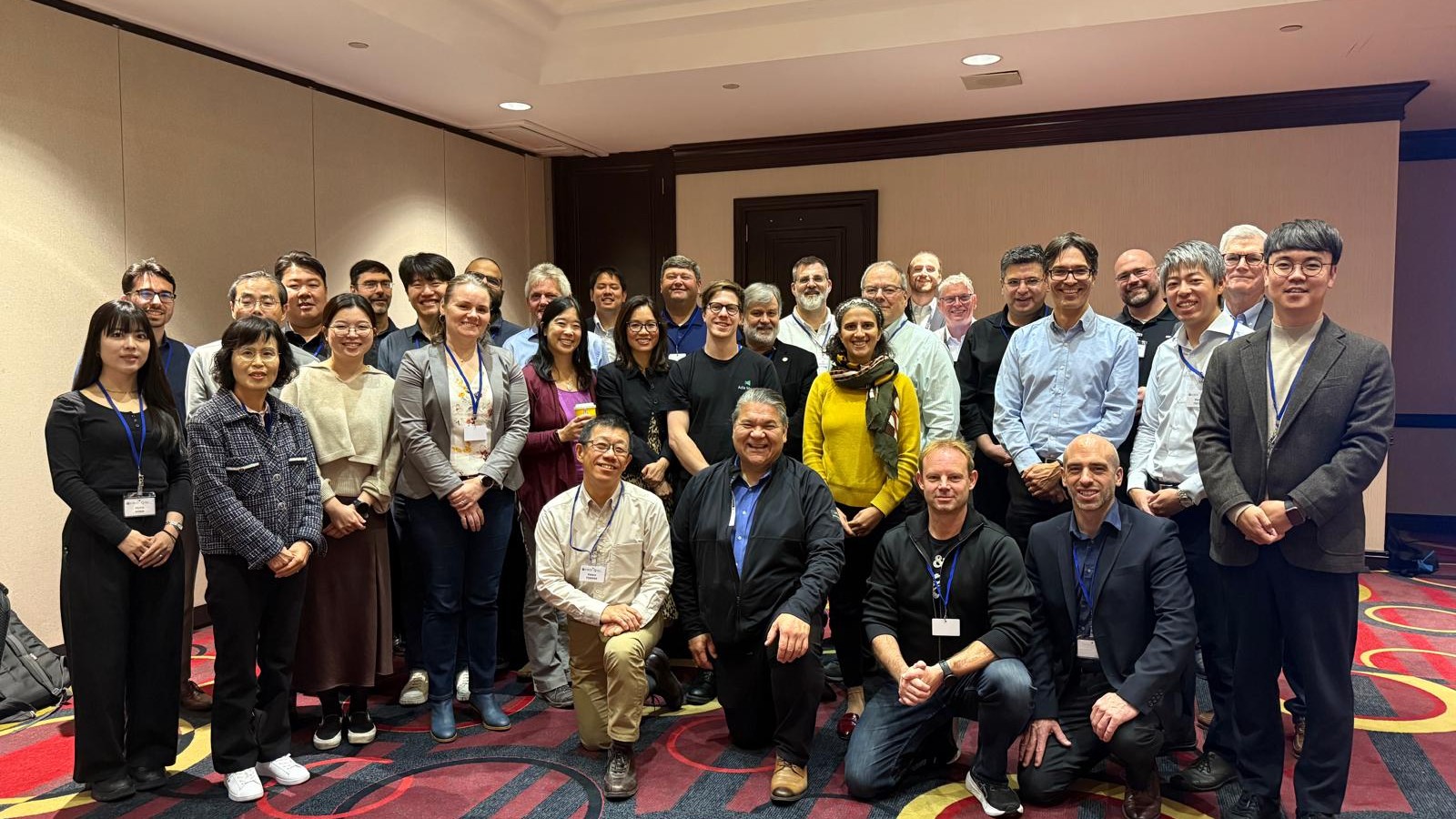The International RegLab Joint Project, co-ordinated under the auspices of the NEA in co-operation with the International Atomic Energy Agency (IAEA) ISOP Network (IAEA/ISOP) and the Electric Power Research Institute (EPRI), held its first in-person RegLab1 Deep Dive Workshop in Toronto, Canada, on 23-24 October 2025.
Approximately 30 participants, including regulators, licensees, vendors, and technologists, collaborated to explore the potential of using artificial intelligence (AI) to support nuclear operations. This workshop marked the first in a series of exercises that the project will undertake to address various aspects of deploying disruptive technologies.
The initiative brings together organisations from seven countries: Canada, France, Japan, Korea, Spain, the United Kingdom and the United States. It fosters early-stage international co-operation among stakeholders during the initial phases of disruptive technology deployment and regulatory development.
A central feature of the RegLab process, the Deep Dive Workshop offers a unique opportunity to gather representatives from regulatory, operational, and technology communities for a two-day, in-person working session. Using a forward-looking hypothetical use case developed by participants, the workshop aimed to:
Confirm that there is a consensus and common understanding of the innovative context that is the subject of the RegLab;
Draw upon the participants’ perspectives and experience to identify blockers, challenges or enablers associated with the deployment of the innovative technology described by the use case(s);
Consider how the blockers and challenges can be overcome and the opportunities realised; and
Identify further work that the sector (including the regulators) can do to support the deployment and regulation of innovative technologies.
Through group and plenary exercises, participants examined the use case:
“To use AI to monitor real-time data from a large sample of sensors to identify inconsistencies in system behaviour that deviate from expected operational norms.” The aim being to:
enable early detection of plant fault;
understand and manage dynamic plant risk;
implement risk informed plant maintenance schedule; and
justify plant actions that enable operations closer to the limits and conditions of operation.
Participants engaged in discussions and presentations on achieving safety assurance, including the value, challenges, and emerging perspectives on developing assurance frameworks tailored to systems that incorporate machine learning.

DIET conference technical panel on the role of international co-operation in advancing DIET and nuclear safety
The RegLab1 Deep Dive Workshop followed the DIET Conference, held on 20–22 October 2025 and organised by the Canadian Nuclear Society. The conference focused on the latest disruptive, innovative, and emerging technologies shaping the nuclear industry. It featured a special session on the RegLab initiative as well as a technical panel moderated by IAEA/ISOP, with contributions from Canadian and UK regulators, EPRI, and NEA, discussing the role of international co-operation in advancing DIET and nuclear safety.
Participants now look forward to the finalisation of RegLab1 through a publicly available report. The next phase, RegLab2, will address a new topic and include a Deep Dive Workshop in Jeju-do, Korea, in May 2026.

